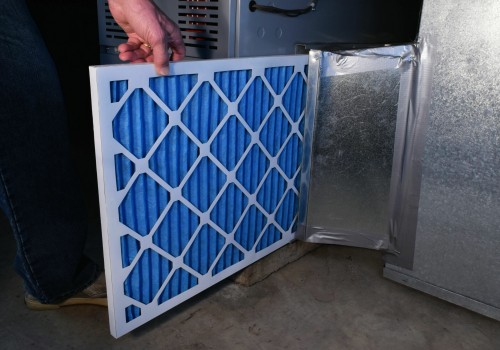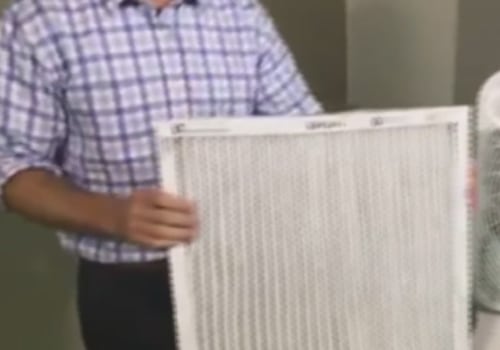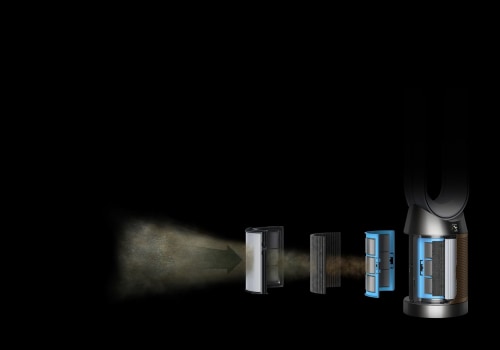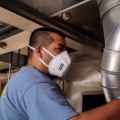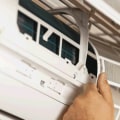The Minimum Efficiency Report Value (MERV) rating for an air filter measures how effectively the filter prevents dust and other contaminants from passing through the filter into the air stream. According to ASHRAE, the best rating for residential HVAC systems is MERV 13, but it is important to make sure that your specific system can adapt to that classification. A higher MERV rating often means lower airflow, which can make the system work harder and use more energy to do its job. MERV ratings 1 to 16 are considered HVAC system grade filters suitable for residential, commercial and general hospital HVAC systems.
In most cases, a MERV 11 air filter isn't too tall for residential use. Generally speaking, anything under a MERV 13 air filter should provide very efficient air purification in a home without affecting airflow. Meanwhile, air filters with a MERV 14 rating or higher are designed for commercial HVAC systems that can handle the coarsest filter material. Our recommended MERV rating for oven filters ranges from 6 to 8 to strike a great balance between maximum oven efficiency and home comfort.
Even though pleated filters have a slightly larger initial pressure drop, it's not significant enough to cause any damage to your HVAC system, as long as you change filters regularly. In general, filters with a MERV 16 rating or lower are considered HVAC system grade filters for residential, commercial, and general hospital use. If you've noticed a reduction in the efficiency or airflow of your split air conditioning unit, the first thing to check is your air filter. With the Filter King filter selection tool, you can mark exactly the size, thickness and MERV rating you're looking for.
They may seem to be almost the same, but MERV 8 air filters and MERV 11 air filters have a few different differences. Filters with higher MERV ratings trap small particles more effectively than filters with lower MERV ratings. If you don't have an old filter to calculate the measurements, you can measure the dimensions of the filter holder in your HVAC equipment. Indoor units with split air conditioning typically have reusable, washable filters that can be cleaned by rinsing with warm water.
MERV 11 air filters are a bit more expensive than a standard filter, but paying a few dollars more per filter is generally worth the extra efficiency. If you're worried about the effects of inhaling fine air particles, that's another reason to choose a MERV 11 air filter instead of a MERV 8 air filter. Simply choose the size of your air filter, choose how often you want to replace it, and we'll make sure your new filter is there when you need it. However, a high MERV rating on an air filter generally means that the filter is thicker and your HVAC system will have to work harder to circulate air throughout the house. Pleated filters that are MERV 8 to 13, unlike fiberglass, can effectively filter small particles and decrease pressure drop (this is the closest thing to MerVana you can find).
One thing to keep in mind is that a MERV 11 air filter may need to be changed a little more frequently than a MERV 8 air filter.
